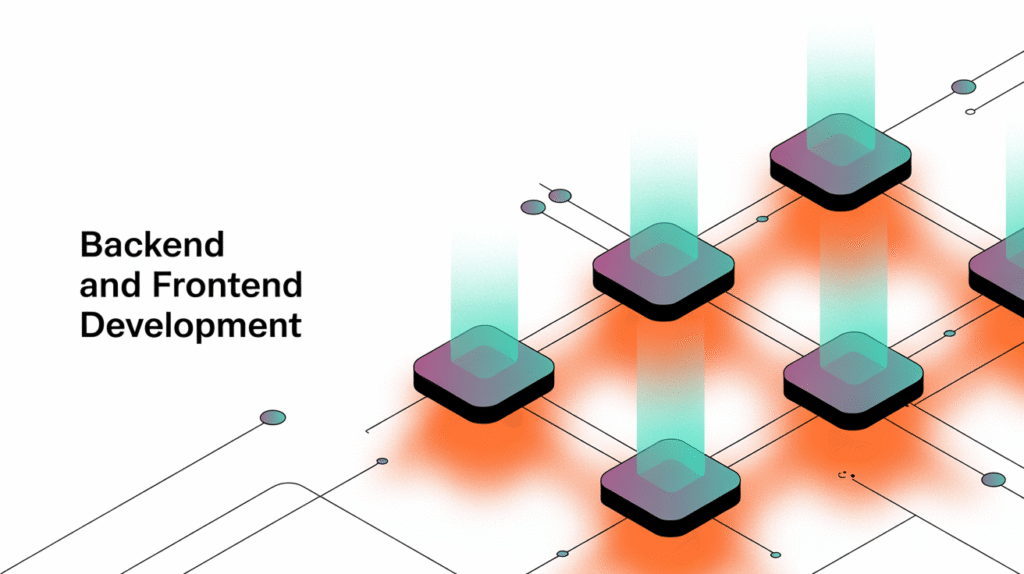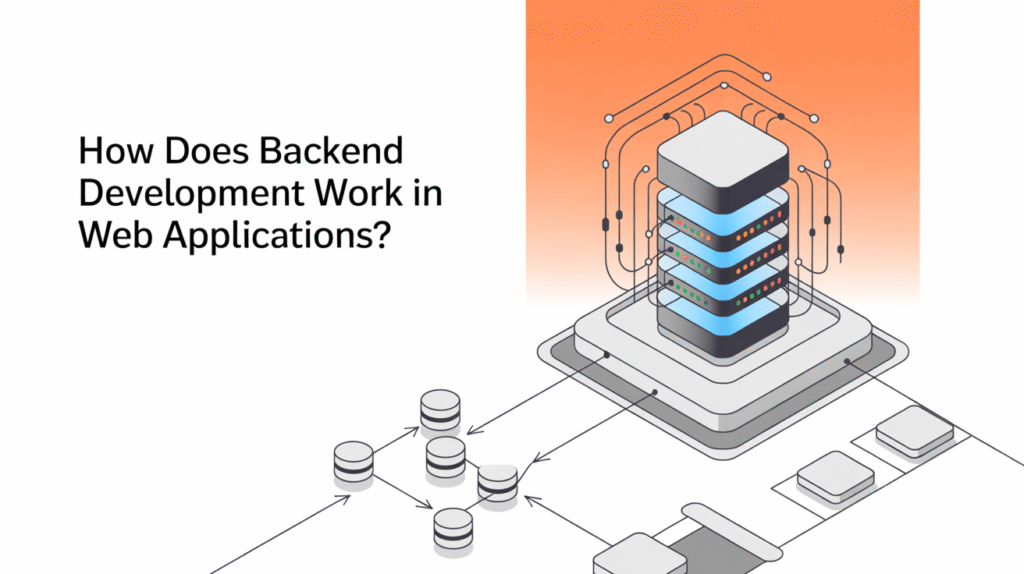- Bluell
- Blog
- Android
The benefits of 5G-powered industrial IoT in Sweden's manufacturing sector
- Development
- 9 min Read
- 19 May 2025
Sweden is one of the first countries to use 5G technology, its smart sector is making major strides. 5G-powered Industrial IoT (IIoT) is changing the way Swedish companies operate, by enabling real-time tracking, automation and new levels of data analytics. 5G technology enables sectors such as mining, energy and major car manufacturers to fully utilize IIoT by providing Swedish manufacturers with fast, stable and low-latency connectivity.
This article will cover how 5G is accelerating the adoption of IIoT in Sweden, the importance of industrial automation, and how major Swedish companies like Ericsson and Sandvik are using this technology to improve their respective businesses.
What makes 5G crucial for industrial IoT?
For the Industrial Internet of Things (IIoT), many different tools, sensors, and devices must be able to interact with each other quickly, securely, and easily. A few key features of 5G technology make it a necessary component for effectively using IIoT:
Ultra-low latency
One of the best things about 5G compared to older generations is that it takes very little time for data to travel from one place to another, or delay. Latency is a very important thing in IIoT settings, especially in manufacturing and mining, where real-time tracking and responding instantly are necessary.
For example, in a Swedish car factory, low latency allows automated production lines to make decisions in real time and allows machines to talk to each other almost instantly. This stops delays, reduces downtime, and makes things run smoother overall.
Massive device connection
This is very important in a smart factory setup because the 5G network can handle a large number of connected devices at the same time. With 5G-powered IIoT, Swedish manufacturers can connect tens of thousands of sensors, machines, and other devices without having to worry about data overload. This seamless connectivity allows you to keep an eye on and manage the entire production process, from keeping track of goods to ensuring quality.
Improved bandwidth and speed
Video surveillance, remote diagnostics and predictive maintenance are all data-intensive tasks that require a lot of bandwidth in industrial environments. With 5G, Swedish manufacturers can transfer data faster, which helps them work with large amounts of data more efficiently. This makes it easier to set up more complex systems, such as predictive analytics powered by AI and remote control of machines in dangerous places like mines.
Benefits of 5G for real-time monitoring, automation and data analysis in Swedish factories
Real-time monitoring
Swedish manufacturers can keep an eye on production systems, machines, and even worker safety in real time thanks to the combination of 5G and IIoT. With connected sensors and devices, manufacturers can keep an eye on things like temperature, pressure, and vibration patterns of their equipment at all times. These real-time insights allow you to react immediately to any problems, such as machinery breaking down or burning, saving money by avoiding costly downtime.
5G-enabled IIoT helps keep things running smoothly in areas like mining and automotive, where even a few seconds of downtime can cost a lot of money.
Automation and remote control
5G improves industrial automation by allowing robots, tools and control systems to talk to each other quickly and reliably. In Swedish industry, where automation is key to maintaining high production levels while reducing costs, this is particularly important.
Ericsson, one of Sweden’s largest technology companies, has deployed 5G to its manufacturing lines so that robots can work together without conflict. With 5G, these robots can pack, assemble, and inspect objects themselves without human intervention. 5G’s very low latency and high reliability also make it possible to operate heavy machinery from a distance in dangerous locations such as underground mines, reducing the risk of injury to workers.
Advanced data analytics and AI integration
IIoT devices produce massive amounts of data that require advanced analytics to transform into actionable information. Companies can quickly send these large data sets to cloud platforms or advanced computing systems through 5G networks so that AI and machine learning programs can look at them.
With more accurate predictive maintenance, Swedish manufacturers can fix machines before they break, saving time and money. AI-powered insights can also improve production plans, control energy use, and even guess what the market will want in the future based on data collected in real time.
Examples of Swedish manufacturers integrating 5G with IIoT
Ericsson's Smart Factory
Ericsson was one of the first companies in Sweden to use 5G technology in its smart factory environment. By connecting IIoT to 5G networks, Ericsson has streamlined much of its assembly line work, reducing errors and increasing production. Robotic arms and sensors powered by 5G make it possible to view equipment in real time and plan maintenance in advance, reducing production delays and improving product quality.
Ericsson is also using 5G to improve the supply chain. Connected devices track product levels and automate the ordering process, making manufacturing even more efficient.
Sandvik's 5G-enabled mining
Sandvik, a big name in the Swedish mining and engineering industry, has begun using 5G to improve its underground mine. The operation uses IIoT devices powered by 5G to keep an eye on things like worker safety, equipment health, and air quality.
5G’s low latency and high reliability allow workers to operate heavy machinery remotely, avoiding dangerous underground environments. By allowing operations to run 24 hours a day, seven days a week, in locations that were previously too dangerous for long-term employment, this makes them not only safer but also more efficient.
Scania's 5G-enhanced production lines
Scania, which manufactures the largest number of industrial vehicles in Sweden, is another company that has added 5G technology to its production lines. Scania is speeding up the assembly process with 5G-enabled sensors and automated guided vehicles (AGVs). These devices talk to each other in real time and plan their actions and movements to make production more efficient and reduce waste.
The future of 5G in Swedish manufacturing
As 5G networks expand across Sweden, the industrial sector is set to undergo even more major changes. From smart factories to automated warehouses, manufacturers will be able to reach new levels of efficiency, cost savings and sustainability with the help of 5G-powered IIoT.
As more companies such as Ericsson, Sandvik and Scania adopt Industry 4.0, the Swedish manufacturing industry will rise further among the world leaders in this area.
Now is the time for Swedish manufacturers looking to improve their processes to consider implementing 5G-powered IIoT options. You can use 5G to improve real-time tracking, automate production lines, or use data analytics for predictive maintenance. It has the speed and connectivity you need to achieve your goals.
Don’t wait; start using 5G today to transform the way your business operates for the future. Contact Techdev Technologies to find out how we can help your business use 5G and IIoT.
Table of contents
Contct us
Book a call or fill out the form below and we will get back to you once we have processed your request.




